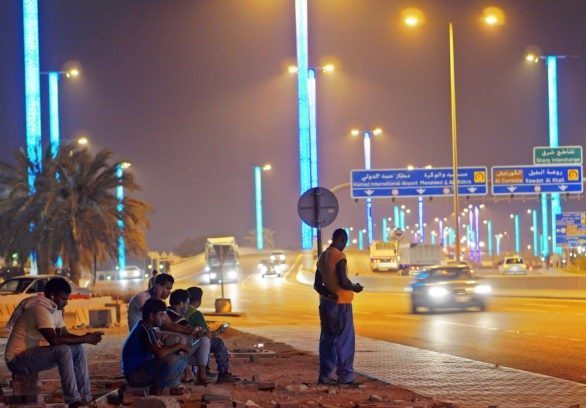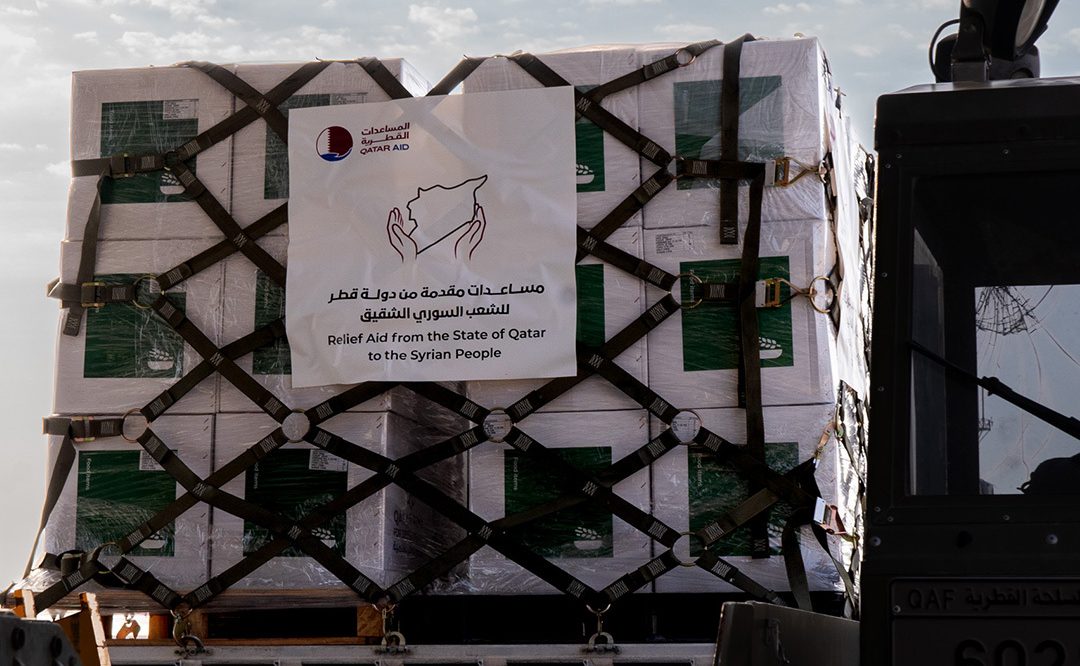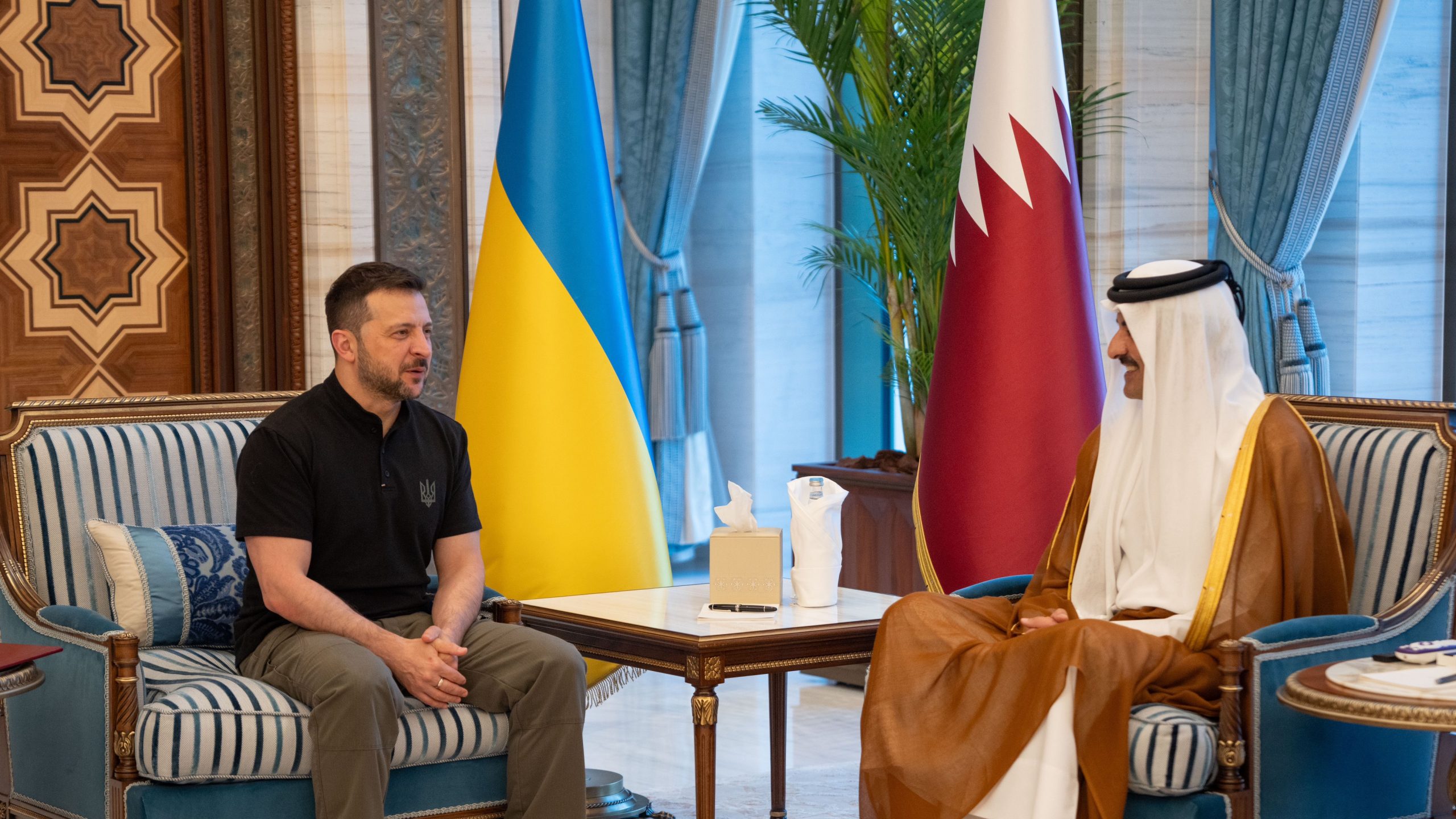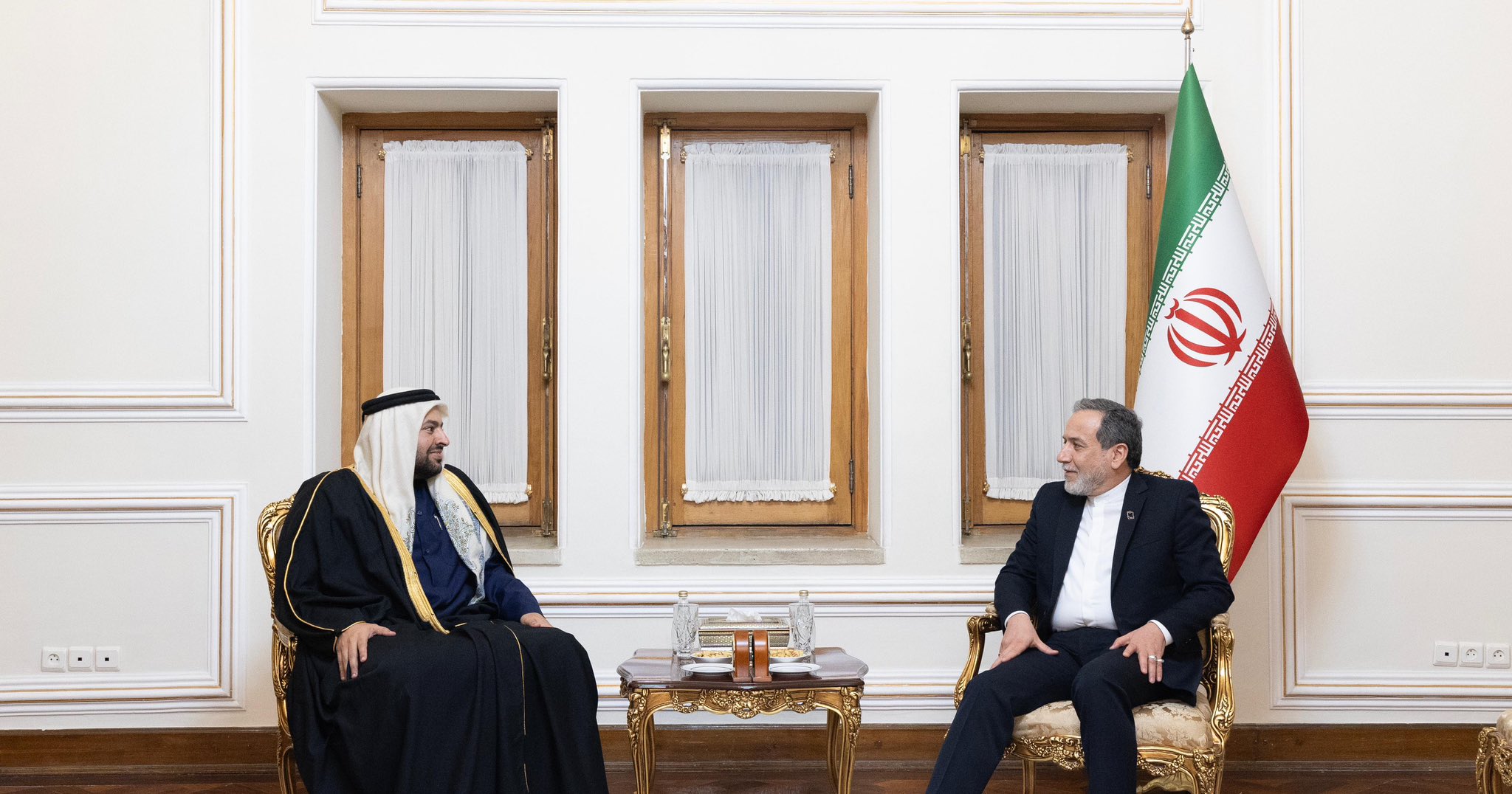
A senior US official has urged Gulf countries and Egypt to ease their blockade on the nation.
Speaking yesterday, Secretary of State Rex Tillerson said the dispute has had humanitarian consequences and created a “hardship on the people of Qatar” during the holy month of Ramadan.
Additionally, it is hurting the US’s ability to fight ISIS as well as American businesses interests in the region, he said.
BREAKING: Sec. Tillerson calls on Saudi-led countries to ease blockade of Qatar. https://t.co/rrKK3G0K8R
— NBC Nightly News with Lester Holt (@NBCNightlyNews) June 9, 2017
Tillerson added that while the US supports efforts to end terrorism in all forms, it would like to see a de-escalation of this recent crisis.
The country also support Kuwait’s mediation efforts to bring about a peaceful resolution, he said.
Blow to Saudis
The statement was quite a departure from what US President Donald Trump tweeted earlier this week.
And Trump actually appeared to undercut Tillerson’s remarks yesterday when he reiterated his belief that Qatar has a history of funding terrorism.
Trump and Tillerson gave back-to-back speeches on Qatar. They had very different messages. pic.twitter.com/87ZQMdBfDu
— AJ+ (@ajplus) June 10, 2017
But the president has also offered to help mediate the Gulf dispute.
According to some regional experts, the US’s latest stance could bolster Qatar’s cause significantly.
Speaking to Doha News, Dr. Kristian Ulrichsen, a fellow for the Middle East at Rice University’s Baker Institute for Public Policy, said:
“I think that Secretary Tillerson’s comments will be a blow to the Saudis and the Emiratis.”
Senior US officials “have long experience of engaging pragmatically with Qatar, and know full well the commercial and strategic value of the partnership,” he said.
Humanitarian crisis
The US is not the only one concerned about how closing off borders and air space is affecting the region.
Zeroing in on the humanitarian crisis caused by the dispute, Amnesty International yesterday urged Gulf countries to rethink their approach.

The group recently spoke to dozens of people in the GCC who have been separated from their families, lost their jobs and been unable to sit for university exams.
Residents of Saudi Arabia, the UAE and Bahrain also now risk jail time or fines if they voice support for Qatar, which is a violation of free speech.

Another concern is that expat workers tending to Qataris’ property in Saudi Arabia may become stranded there. This could cause them to lose their documentation.
In a statement, Amnesty Deputy Director of Global Issues James Lynch said:
“Political disputes between states must be handled in a manner that respects human rights. There can be no justification for tearing families apart, suppressing peaceful expression, and leaving migrant workers abandoned and at risk. Arbitrary measures should be suspended immediately.”
Saving face
Whether any relief is actually on the horizon remains to be seen.
But according to Ulrichsen, the US’s stance may help get the Gulf countries to the negotiating table.
“If this crisis is to be defused, it will be necessary for all parties to find a way of bowing out gracefully and avoiding losing face, so a strongly-worded US statement urging a compromise might be a way of achieving that,” he said.
Thoughts?






